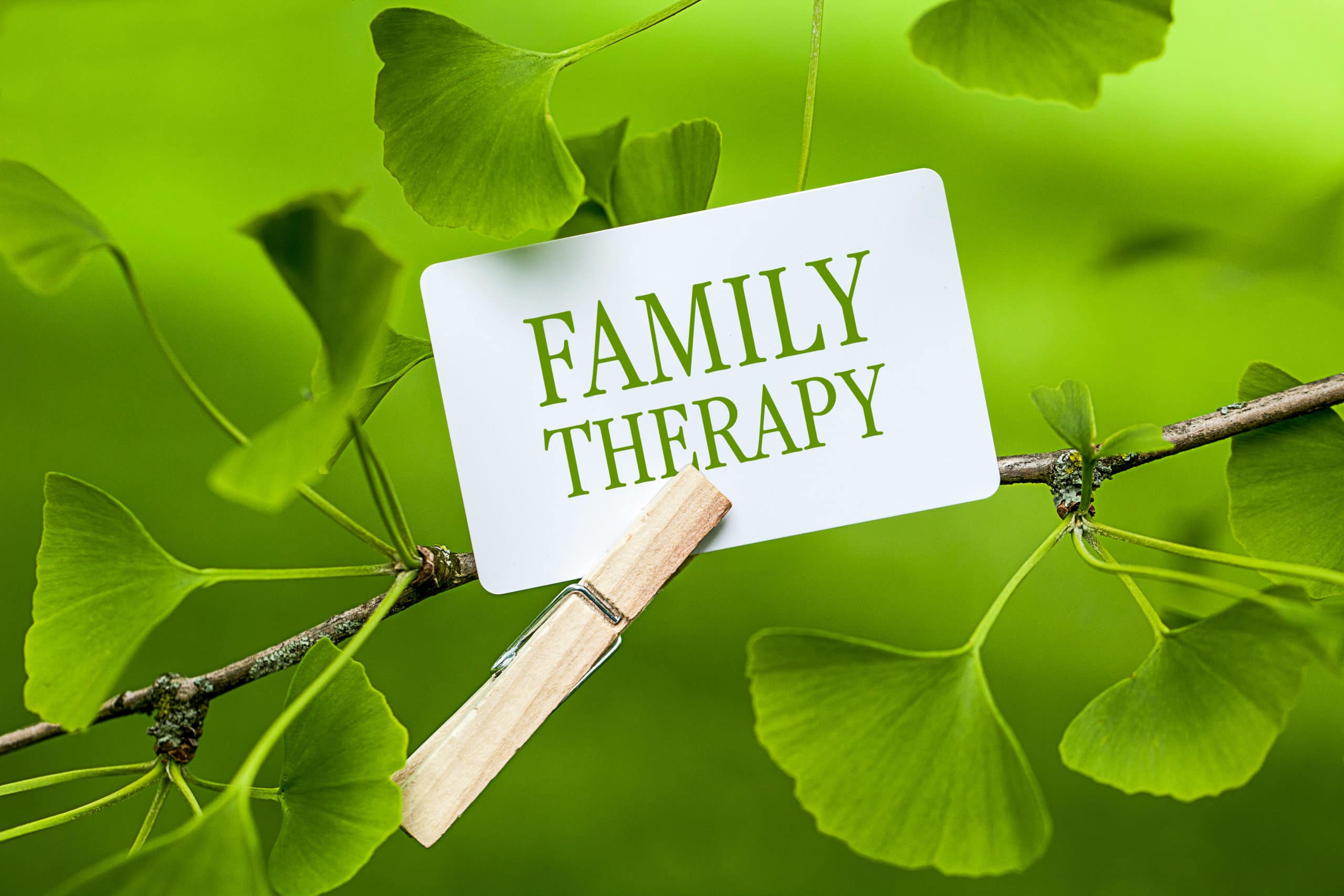The Importance of Family Therapy

Research has shown that 40% of adults in the United States have at least one addicted person in their immediate family system. It has been proven that addiction runs in families. Every day, substance use and substance-related death profoundly impact an entire family. Family members are often drawn into addictive behavior in an effort to help their loved one. What we have found at SpringHill Recovery Center, is that family healing and restoration is possible through education, extensive support and individualized treatment.
It starts with a warm hello, that carries throughout the treatment, and often, beyond discharge, with residents and their families. Right from the beginning, we, as the SpringHill community, invite residents and their family members into the healing process of treatment, as deemed appropriate by the clinical team. Throughout the entire process, from admission to discharge, we focus on increasing communication, connection and interactive opportunities for families to be engaged with their loved ones, in a nurturing, healing environment.
“We give our families opportunities for healing, through connection, communication, education, and information.” Linda Maquire, LICSW, Family Therapist.
Linda Maquire is our coordinator of all family engagement opportunities and the Family Weekend at SpringHill. Along with our therapeutic staff, Linda organizes one weekend a month, where families and clients receive intensive education, skill building, and support from addiction professionals.
Day One is for families only, where our Medical Director, Dr. Ximena Sanchez, MD, conducts interactive sessions pertaining to the Neurobiology of Addiction. Participants learn what occurs to the brain when people become addicted to alcohol or drugs. Family members also learn about risk factors for developing addiction problems and understand that addiction is truly a brain disease. Family members listen attentively as Dr. Sanchez, in her unique interactive style, reviews Medicated Assisted Treatment (MAT), and how medications can be helpful for people maintaining recovery from substance use disorders. Day One continues with an education from Jim Direda, LICSW, Ph.D., and Linda Maquire, LICSW surrounding a discussion on how people recover. Lifestyle change, treatments, and supports are all reviewed in an interactive fashion, to outline how addicts achieve and sustain recovery. The tremendous impact on families navigating resources for an addicted family member is discussed, and addiction is highlighted as a “family disease.” At the conclusion of Day One, a Learn to Cope speaker educates families on the steps they need to take to become healthy and helpful participants in their loved one’s recovery, through their own experiences with their addicted loved ones. For more information on this amazing organization, please visit Learn2Cope.org.
Day Two begins where communicative exercises are explored, led by our clinical team, where families and residents learn communication skills, influenced by the Community Reinforcement And Family Training Model (CRAFT), developed by Robert J. Meyers, Ph.d. Crisis planning, signs for increased relapse risk, and support are all reviewed, should signs of relapse occur. Families and residents share their “aftercare planning toolkit,” and recovery plans to the group. Day Two closes with a Gratitude Meeting, along with time for questions and feedback.
Through research and hopeful outcomes from our very own clients, it is established that individuals struggling with addiction, truly recover and live fulfilled, connected lives every day. SpringHill offers Individualized dual diagnosis treatment, where those struggling, can connect in a healthy, structured, and positively emotionally reinforced manner. When family involvement, healing, and connection, is established, best outcomes for sustained sobriety are observed.


